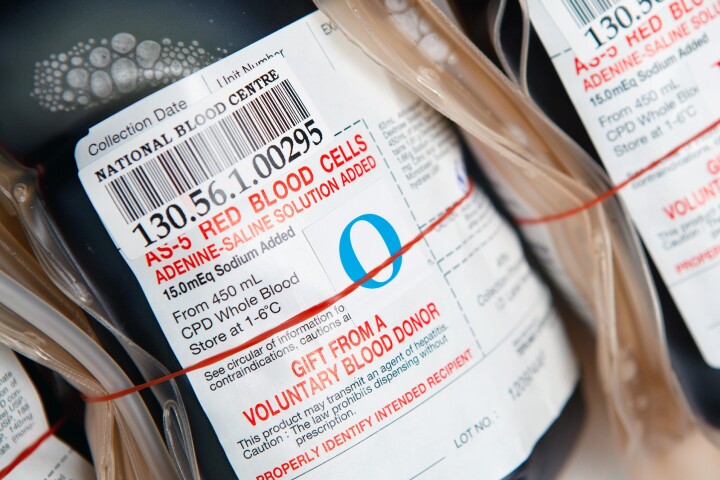Researchers from Switzerland's University of Basel have performed the first successful nose reconstruction surgery using engineered cartilage grown in the laboratory. The cartilage was spawned form the patient's own cells in an approach that could circumvent the need for more invasive surgeries.
The team applied the treatment to a group of five patients aged 76-88. The patients had previously received surgery to remove non-melanoma skin cancers, leaving them with severe defects in the cartilage of their noses.
A typical reconstruction for patients such as these would involve grafts taken from the nasal septum, the ear or the ribs. While this is effective in reconstructing the nose, the procedure can be painful and result in complications arising in the area of the excision.
In developing the alternative method, the team extracted cells from the patient's nasal septum. These cartilage cells, called chondrocytes, were then isolated and multiplied. After seeding the newly-formed cells onto a collagen membrane, they were cultured for a period of two weeks and resulted in an engineered cartilage 40 times the size of the original biopsy.
These engineered grafts were then shaped to fit the patient's defects and one year after the reconstruction, were found to have no side-effects nor impact the patient's breathing.
“The engineered cartilage had clinical results comparable to the current standard surgery," says Ivan Martin, Professor for Tissue Engineering at the Department of Biomedicine at the University Hospital of Basel. "This new technique could help the body to accept the new tissue better and to improve the stability and functionality of the nostril."
The team says the treatment could potentially be applied to other reconstructive surgeries, with the engineered grafts currently the subject of a study for cartilage repair in the knee. The team has however emphasized the need for further studies and exploration of costs.
“We need rigorous assessment of efficacy on larger cohorts of patients and the development of business models and manufacturing paradigms that will guarantee cost-effectiveness”, says Martin.
The team's research was published in the journal The Lancet.
Source: University of Basel




